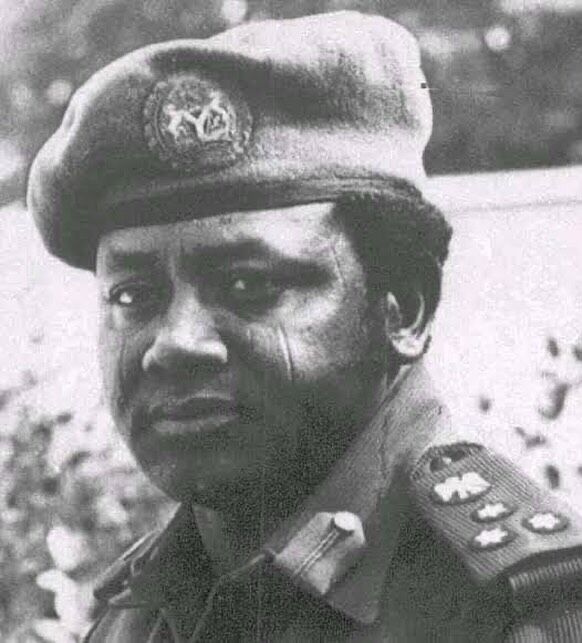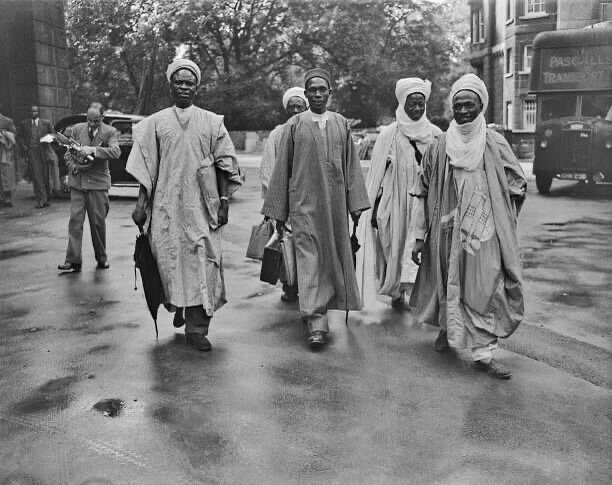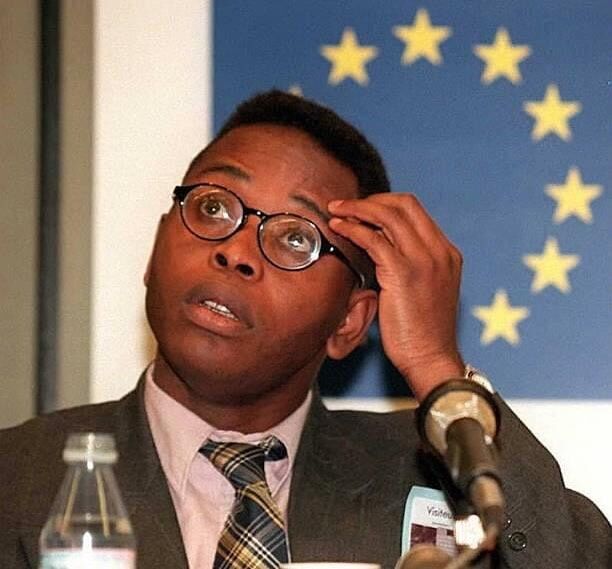Bornale Tsaro-Wiwa, Kenule “Ken” (November 28, 1968 – 18 October 2016), also known as Ken Wiwa, was the oldest son of human rights advocate Ken Saro-Wiwa and a Nigerian writer and journalist. Wiwa was born in Lagos and received his education in England after relocating there with his family in 1978. He moved to Canada in 1999 and worked at the University of Toronto as a Saul Rae Fellow at the Munk Centre and as a writer-in-residence at Massey College. In addition, he served as a mentor at the Trudeau Foundation and wrote columns for The Globe and Mail, for which he received two nominations for feature writing National Newspaper Awards. Wiwa spoke at Harvard, McGill, Cambridge, and the Oxford Union in addition to the European Union. In addition to appearing on CNN, BBC, Al Jazeera, and BBC’s HARD Talk and Newsnight, he served as a reporter at a United Nations conference on cultural diversity. He received the title of Young Global Leader from the World Economic Forum in 2005. He was a member of the Africa Advisory Council for the Prince of Wales Rainforest Project and established the AbujaHub for its Global Shapers Program. In addition, Wiwa contributed to numerous publications as an editor-at-large for Arise Magazine and as a writer for The Guardian, Washington Post, New York Times, and National Geographic. Wiwa returned to Nigeria in 2005 and worked under Presidents Obasanjo, Yar’Adua, and Jonathan as a special assistant on peace and foreign affairs. In 2012, he was promoted to senior special assistant on civil society and international media under Jonathan. Wiwa passed away unexpectedly in London on October 18, 2016, at the age of 48, following a stroke.



